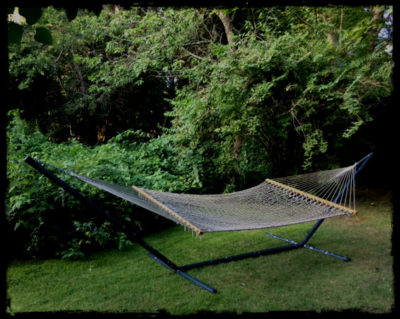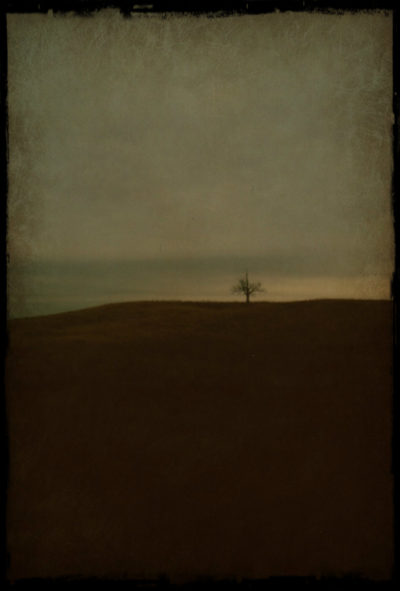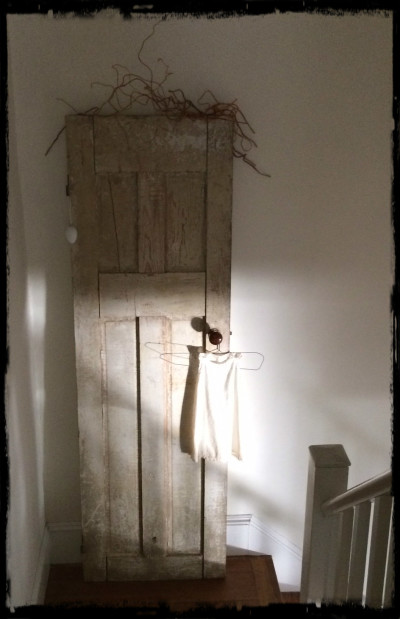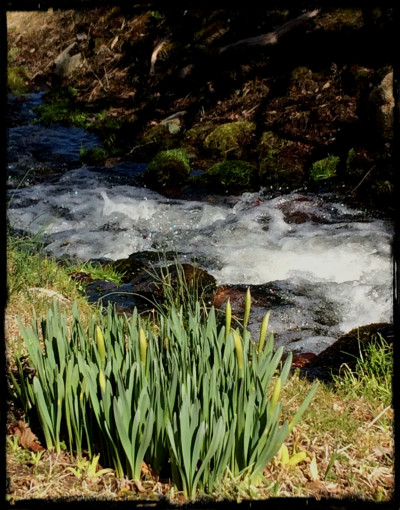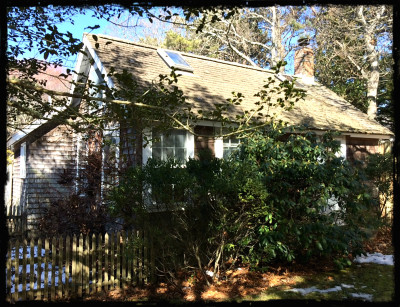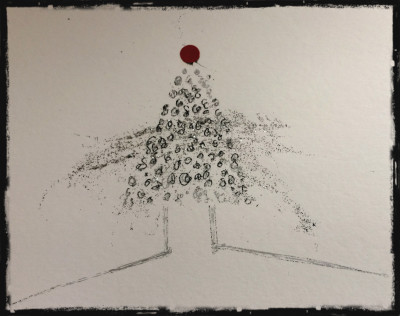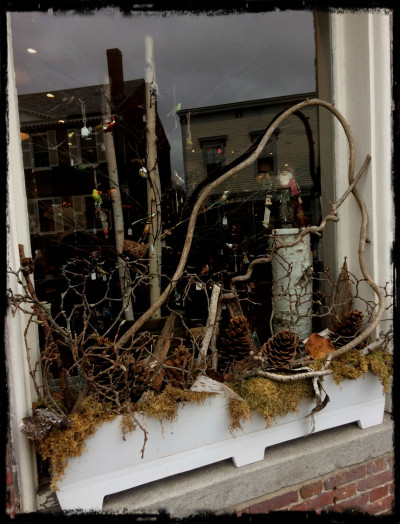Ye Olde Renewed Dress Shoppe
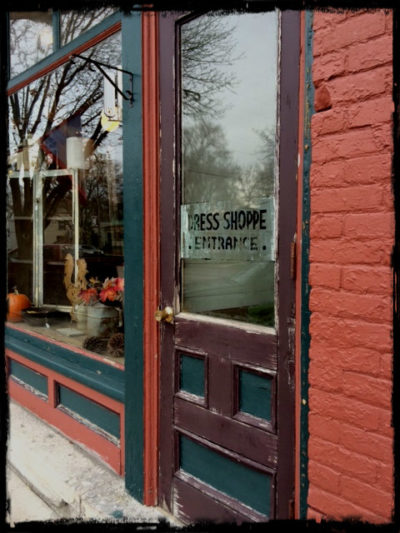
Come Right In!
The idea of a Dress Shoppe (spelled just like this) has captivated me this afternoon, and the building too has taken hold of my imagination. I took this picture in a sleepy little town in upstate New York, one of those countless Main Street villages displaced by malls and expressways, now given over to moribund antique shops, For Rent signs, empty sidewalks.
Some wayward, stubborn part of me believes these towns can revitalize, can rise from the dust of neglect and the trammelings of “progress,” believes that the stately brick and iron buildings with their poetic transoms, signboards, cornices, and columns can be reclaimed. They are just too beautiful, too original, to remain obscure, unused, uncared for in our increasingly uniform box store/Internet world.
When I saw the Dress Shoppe door in this lost town, I thought about a magical place where dresses would spin and twirl from the tin ceiling or hook with rusty, twisted hangers from faggots of sticks, or adorn turn-of-the-century mannequins with bedsprings for heads and feathery crows perched on their shoulders. I thought of snippets of poetry clinging to hems and surprising fortunes under large round stones.
There would be autumn leaves on the floor. Birds’ nests on the shelves. Shutters, old doors, cloudy and corroded mirrors on the walls.
The dresses would be mostly black and netty with tulle and starched underskirts. Many would be recycled, made fresh again with fripperie and frou-frou, or simply plain as a single curved line down a white page. There would be shoes too, my kind of shoes: thick soled, thick wedged, balanced…no ballerina flats here, nothing so vacuous or insubstantial. Socks, the only color allowed. Socks woven in slices of citrus or honeybee stripes. Socks patterned with witch brooms or bearing tercets of poetry, images of subway cars, freight trains, farmhouses.
At the Dress Shoppe, we would hold morning coffee meetings to discuss impossible French verbs and ingredients for secret charms. Someone might come in and teach us how to make soap or write an irresistible love letter. At the slightest provocation, we might break into song or do a little dance. Cats and dogs always welcome.
The old building would sing too, and then, the building next to us would pick up the refrain with a hot cross bun shoppe and across the street, the library would hold evening soirees among the biographies. And building by building, the town forgotten for the past forty or fifty years would wake up, shake off its lethargy, make itself known to a world so acutely in need.

